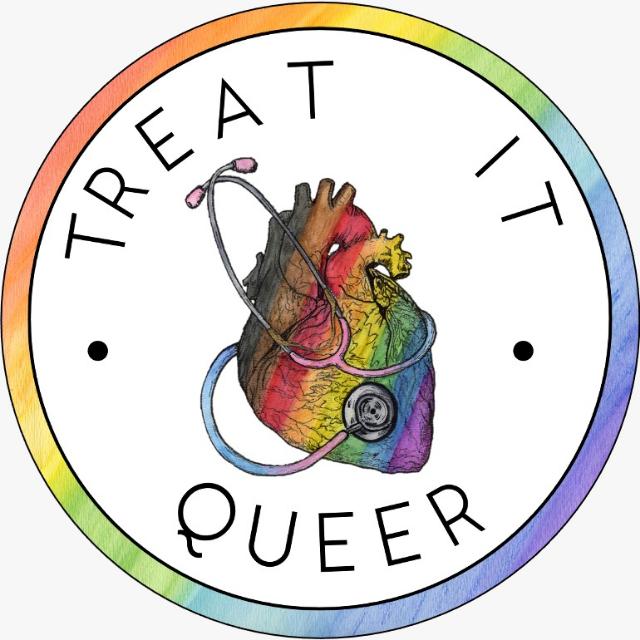Treat it Queer Pocket Cards
View knowledge productTreat it Queer translated the existing knowledge about trans-specific SRHR through an innovative approach that conjugates the biomedical and the intersectional feminist paradigm. Treat it Queer focuses on educating and sensitizing medical students and young doctors by the use of original products specifically designed for this purpose, in this case, the two knowledge products 1) an illustrated pocket guide to gender queer medicine and 2) a photovoice booklet.
These knowledge products aim to give voice to otherwise marginalized queer individuals; shining light on their needs within SRHR, and on other intersections of discrimination they experience such as racism, classism and ableism. By making these queer experiences viable, Treat it Queer shines a light on those who are commonly excluded from sexual reproductive health and rights policy and practice and illustrates how different marginalized identities intersect resulting in specific health needs and challenges.
These products were designed using a combined approach that combined biomedical knowledge with intersectional perspectives, meaning that vision design considered how concepts of sexuality, race, ability, social status, class, etc., interact with and influence bodily and mental health. Now published and released, these products are being used as free educational material for young doctors, medical students, and healthcare providers in general.
Knowledge product details
-
Knowledge Activation Grants
-
2021
-
Netherlands
-
Inclusion
-
LGBTIQ+
-
SRHR access
-
Share-Net Netherlands
-
English
-
Booklet


